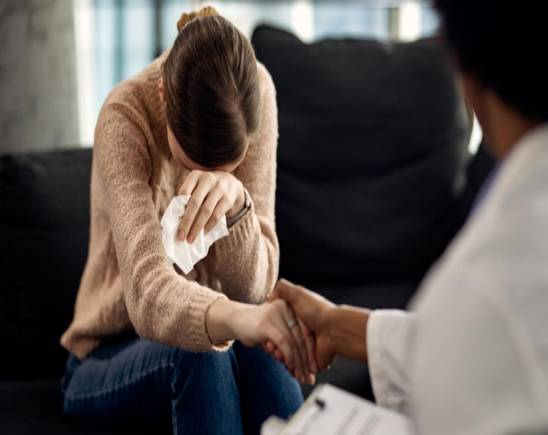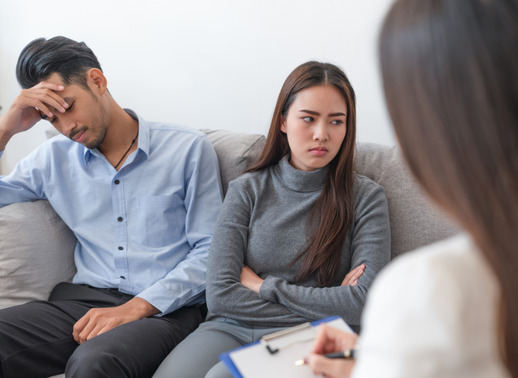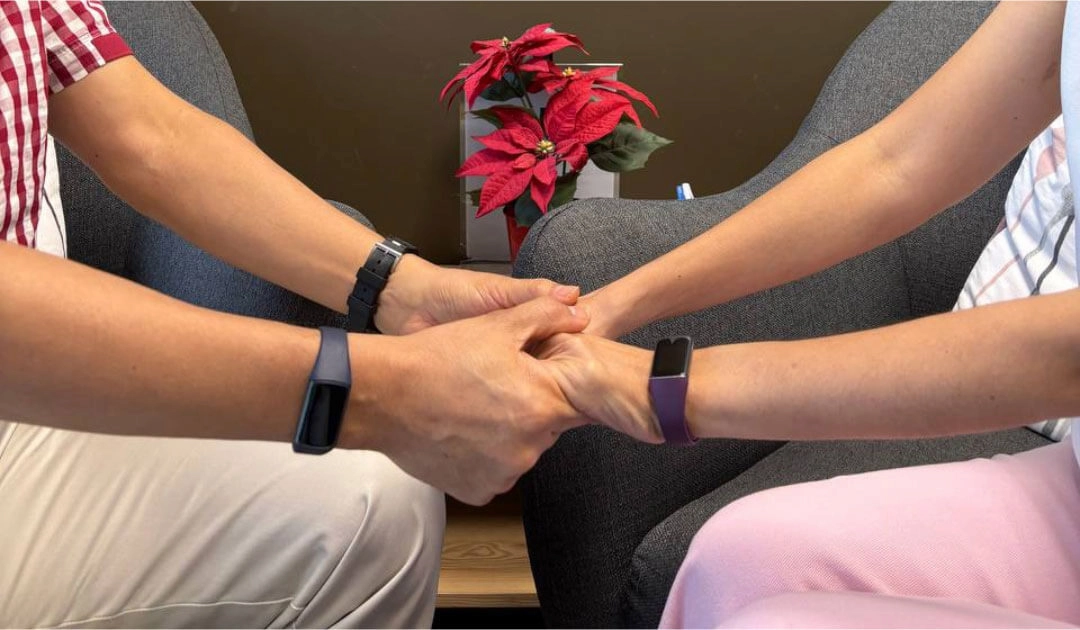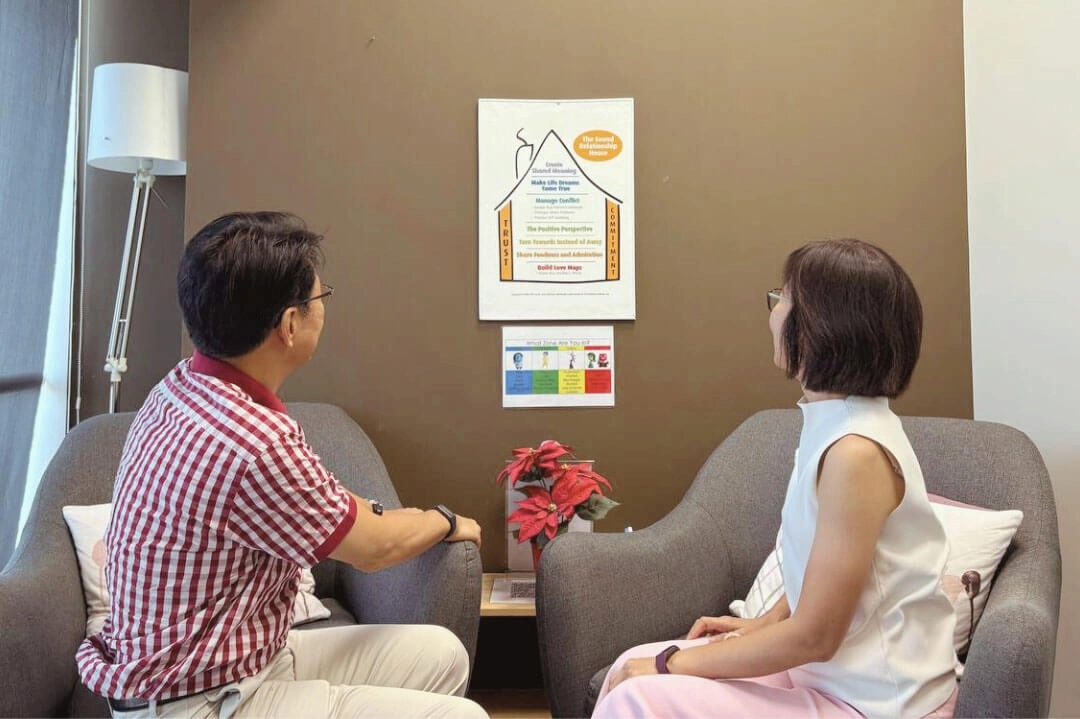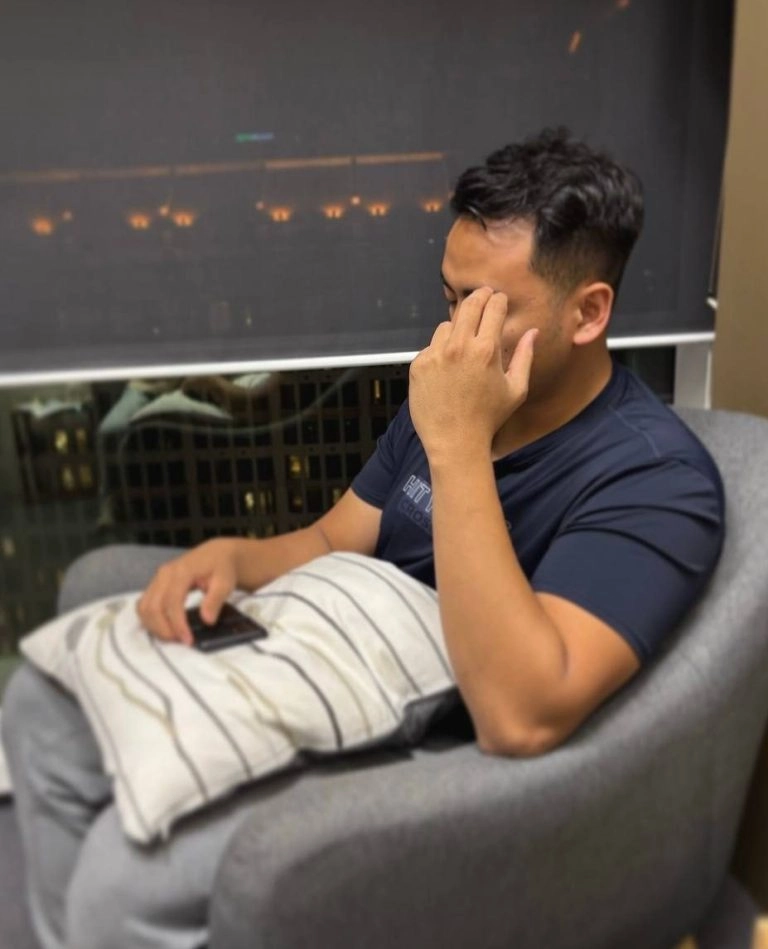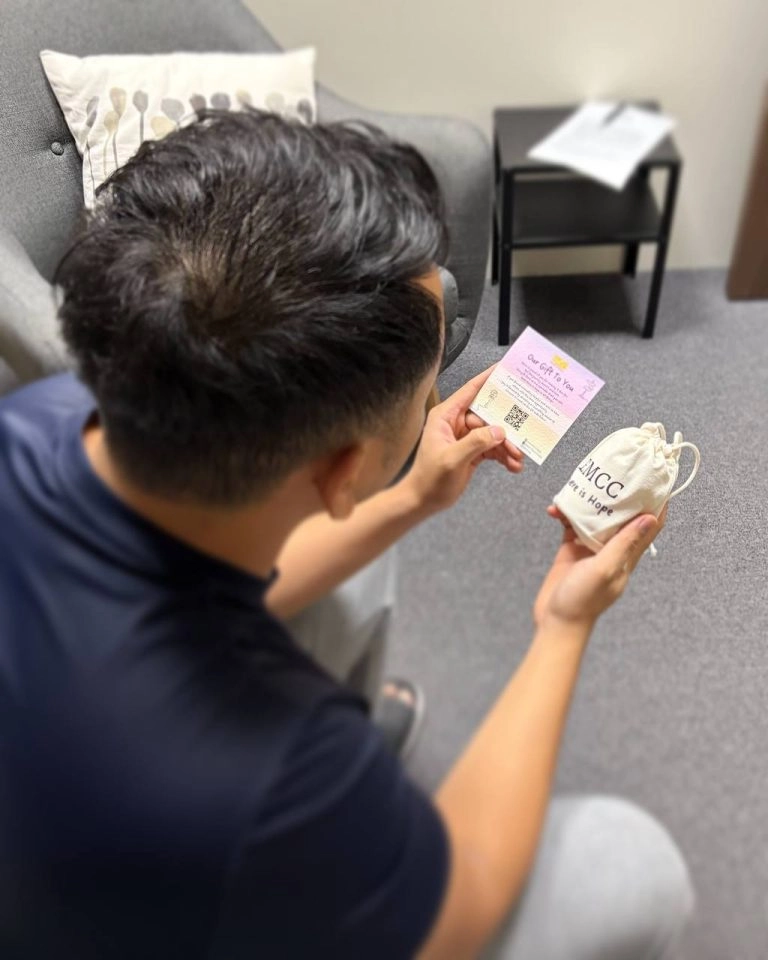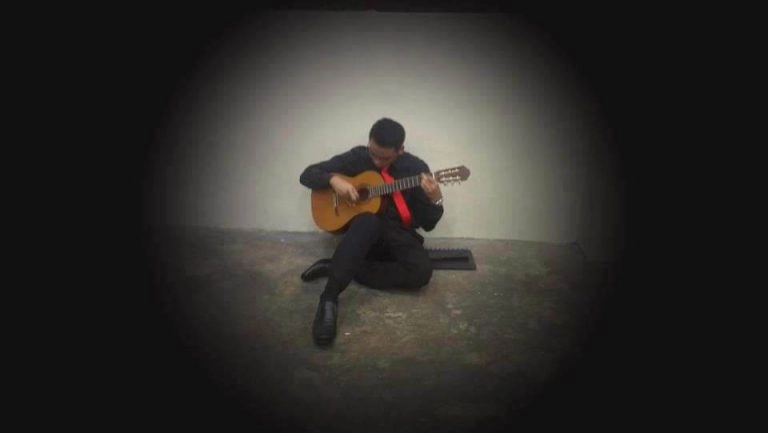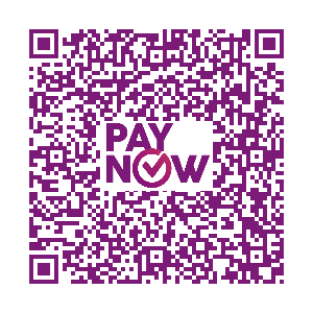Tell us about yourself and your mental health journey.
I live with my family – my husband, two children, and three dogs – and I work in the hospitality industry. In the past, I always felt like nothing was wrong; I wasn’t facing any major issues, and nothing needed to change. There didn’t seem to be a need to seek help or talk about my insignificant struggles. I know now that we all face problems, but I was too afraid to confront my own emotions back then. I didn’t want to appear weak, so I put up a brave front to others. And yet, inside, I was already crumbling. Years went by with me avoiding my problems.
Recently, I embarked on a Masters programme in Psychotherapy and Counselling in order to equip myself with the skills to expand my scope in my volunteering activities. As part of our personal development, we were required to attend professional counselling and I was recommended to EMCC. Through this, I found healing and change in my life.
What has changed for you after attending regular counselling sessions?
I feel so, so happy now. I thought to myself that I really should have started on this journey sooner. My counsellor has been really helpful in my journey to healing. Previously, all I could see about my situation and struggles were the negatives; my thoughts constantly circled around the bad. But my counsellor helped me to shift my perspective and understand that I could look at the situation from a positive angle as well. It took practice, but I also found it easier to consider the positive side of the new situations or difficulties I encounter now.
While it took time to build a stronger therapeutic relationship with my counsellor, I feel assured and supported knowing that someone is there for me. It’s not always easy to share my burdens with family or friends, perhaps due to their familiarity or the innate fear of being judged, but now whenever I encounter difficulties, I know that that I’ll have someone to talk to and work through my problems with. Just having this knowledge alone is very reassuring.
My lifestyle has also changed. I’ll have more conversations about mental health with my family, and I now always make time for self-care activities even amidst my busy schedule.
Sometimes it can be tough, people around me question why I’m attending counselling and if there’s a “problem” with me. I feel sad that there’s still such a strong stigma regarding mental health. But I try not to let it get to me as I know I’m happier now.
How has your family supported your mental health journey?
My children, who are 17 and 21 years old, are growing up in an era where mental health conversations are so much easier to have, and they have a wealth of knowledge gleaned from the Internet or from school. In my time, we don’t talk about such things at all. After I learnt more about counselling from my Masters programme and from my own sessions at EMCC, I’m able to share about mental well-being with them as well. It’s enjoyable and we often learn new things from each other. I will also have regular check-ins with them to know how they’re doing and recommend them some self-care activities, but of course, it really depends on what they prefer to do too.
What kind of self-care activities do you prefer?
I like spending time alone walking, gardening, reading, and playing with my dogs. I need that time every weekend to be with myself and recalibrate, otherwise I will feel like I didn’t get any rest. Of course, spending time with my friends is very important to me too. I also enjoy volunteering at a pet therapy centre with my dogs. Even when I’m busy, this is something that I try hard to make time for. It makes me feel very fulfilled to be able to contribute to my community.
Do you have a message for our readers?
To those who are considering seeking help, don’t be afraid. We all have problems, and it’s nothing to be ashamed about. I spent so long avoiding it, but I understand now that the first step is acknowledging our emotions, and then looking for sources of support. The journey might be difficult, but we are not alone. Help doesn’t need to come in the form of counselling, the solution depends on each individual. But I hope that you will take the step and find happiness, like I did.


